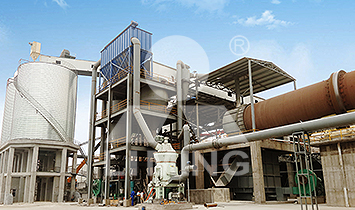

GROUP NEWS
What is the difference between light and heavy calcium carbonate?
Calcium carbonate (CaCO3) is a chemical compound that exists in different forms, including two main crystal structures: calcite and aragonite. The difference between light and heavy calcium carbonate is primarily based on their particle size and density.
Light calcium carbonate, also known as precipitated calcium carbonate (PCC), is produced through a chemical reaction in which limestone (calcium carbonate) is dissolved in acid, and then re-precipitated using a precipitation agent. The resulting product has a smaller particle size and lower density compared to heavy calcium carbonate, making it ideal for use in applications that require a fine particle size, such as in paper coatings, plastics, and rubber.
On the other hand, heavy calcium carbonate, also known as ground calcium carbonate (GCC), is produced by grinding and milling limestone. The resulting product has a larger particle size and higher density than PCC, making it suitable for use in applications that require a coarser particle size, such as in construction materials like concrete and mortar.
In summary, the primary difference between light and heavy calcium carbonate is their particle size and density, which determine their suitability for specific applications.

Recommend the next post: Calcium Carbonate Manufacturing Process and Equipment
CONTACT US
Related News...
Jaw Crusher vs Cone Crusher: How to Choose the Right Crusher for Your Mining Project
26/12/2025
Limestone Crushing Solutions for High-Capacity Aggregate Production
15/12/2025
Why Crushing Process Design Is Critical for Efficient Aggregate Production
11/12/2025
Copper Ore Crushing & Beneficiation: Complete Process, Equipment Selection and Performance Optimization
4/12/2025
Gold Ore Processing Equipment Selection Guide: How to Optimize Crushing, Flotation & Leaching for Efficiency
27/11/2025
Key Factors That Determine Jaw Crusher Cost
22/11/2025
Bluestone Crusher: Answers to the Most Common User Questions
13/11/2025
Pioneering Efficient Tracked Mobile Crushing and Screening Solutions
6/11/2025
